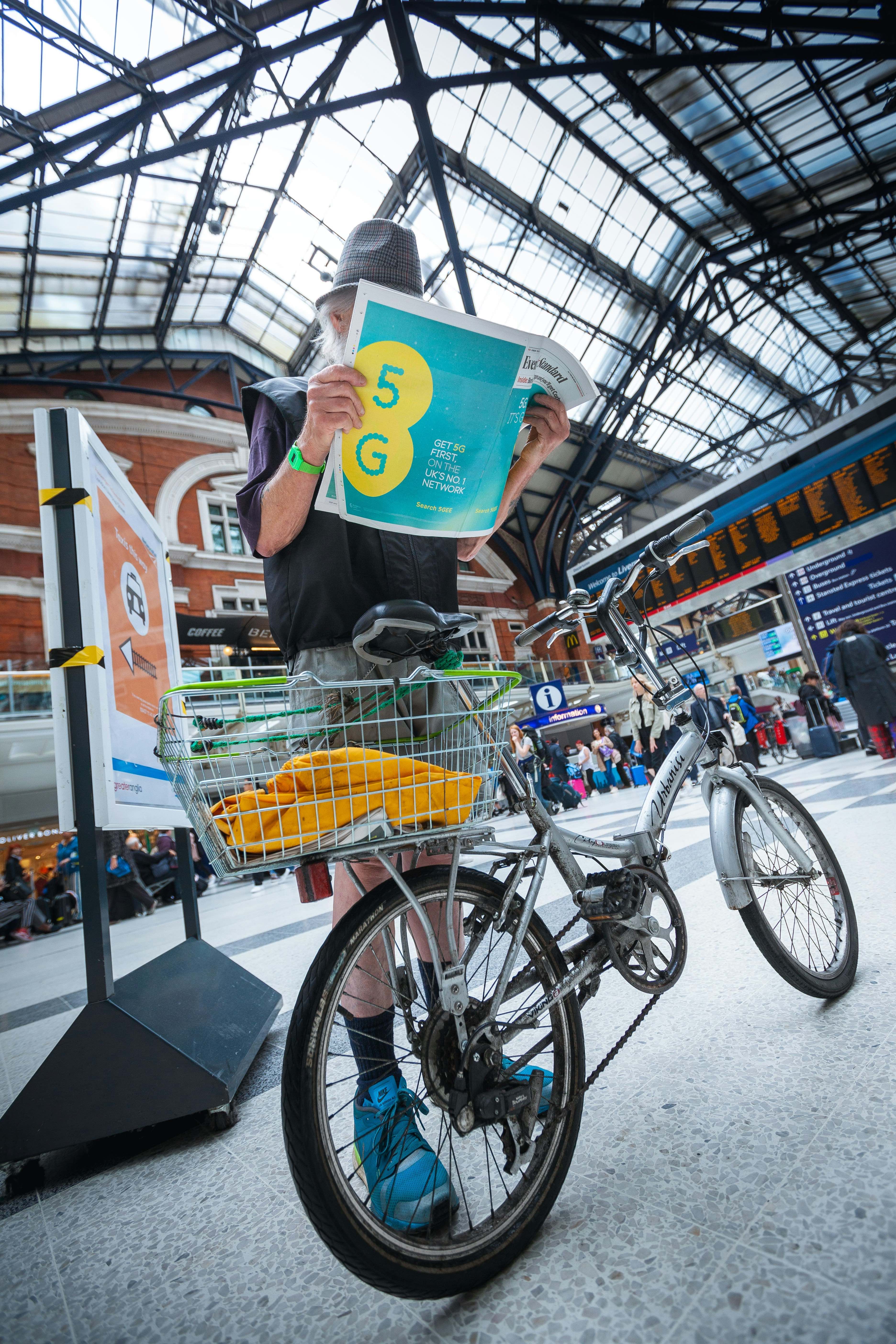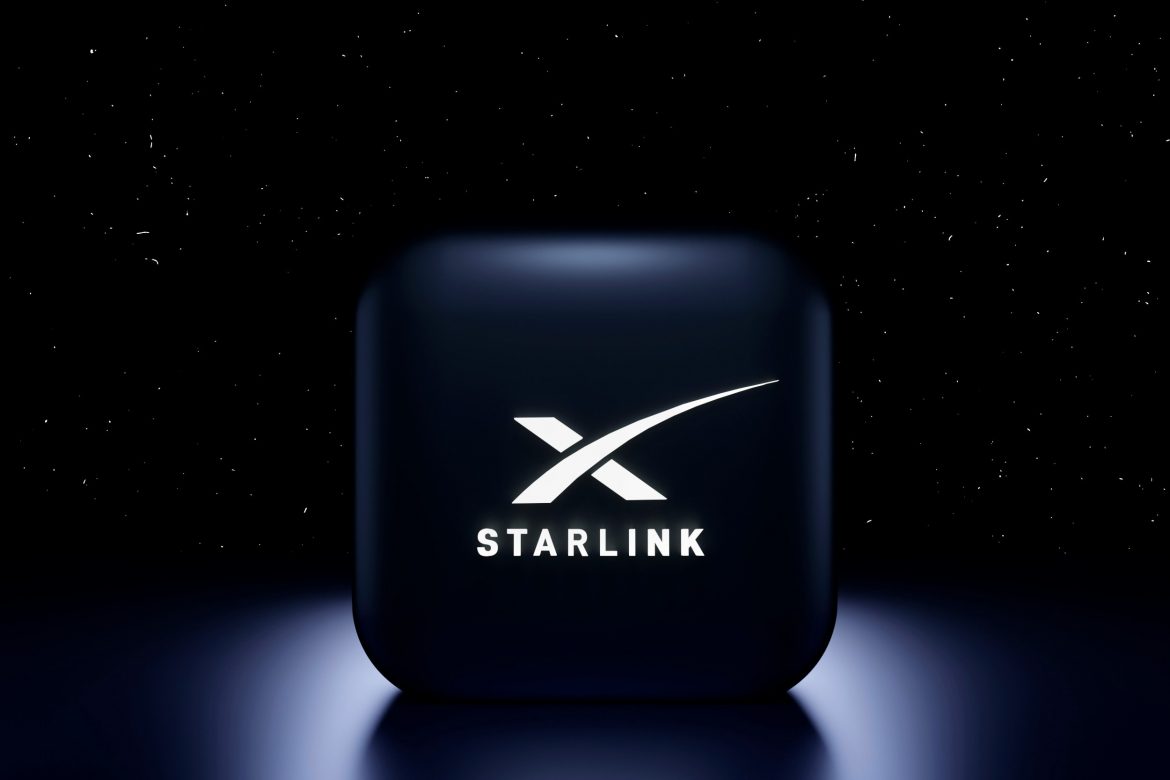How did UK mobile networks perform in the second half of 2023 when it comes to 4G, 5G and mobile broadband?
RootMetrics (now an Ookla company), a mobile analyst firm, has not long published their latest benchmark study of UK mobile networks (4G and 5G) and mobile broadband performance for H2 2023.
RootMetrics offers scientifically collected and crowdsourced mobile network performance information to consumers and the industry. The firm captures user information by testing network performance when consumers are using their mobile phone for voice or data communications.
Results of the latest biannual benchmarking report which once again see EE (BT) come out on top against their UK network rivals at Vodafone, Three UK and O2 (VMO2).
Which UK mobile network is the best for 4G/5G?
When it comes to 5G performance, the picture painted by this recent report isn’t so clear-cut.
This latest study used data from a 5G-enabled, latest model of Samsung smartphone (the actual model was not disclosed in the report). It was purchased from operator stores and tested for both 4G and 5G performance across all 4 primary UK operators within 16 of the most populated UK cities.
In summary, the study consisted of:
- 1 latest model Samsung smartphone
- 4 primary UK mobile operators
- 16 UK cities
- 634,942 tests across hundreds of locations
- 788 locations were indoor
- 24,179 miles driven during both the day and night
Results were divided into the following categories:
- Network reliability
- Speed
- Data
- Call and text quality
Scores were given out of 100 (100 being the highest score). As you can see from the data representation from RootMetrics below, EE came out on top across all categories, while VMO2 were found at the bottom of most.
Interestingly, every one of the 4 primary UK operators saw a decrease in their overall scores when compared to the last RootMetrics report 6 months prior.
The Overall Scores for H2 2023 (vs H1 2023), in order of best to worst, are:
1. EE – 94.2 (down from 95.9)
2. Vodafone – 90.1 (down from 92)
3. Three UK – 89.3 (down from 90.2)
4. O2 – 86.4 (down from 86.7)
So which is the best UK mobile network? When we look at the average (median) UK download speeds for both 4G and 5G networks, then the strongest data speeds were delivered by EE (68.6Mbps, which was up from 65.1Mbps in the last report).
Vodafone also saw an increase in data speeds, increasing to 34.5Mbps (from 29.4Mbps). Despite O2 improving their data speed score from 15.5Mbps to 19.9Mbps, they still scored the bottom of the 4 providers. Just behind Vodafone to take 3rd place, Three UK fell slightly to 32.3Mbps (down from 34.7Mbps).
How is 5G performing on UK networks so far?
However, when we look purely at 5G networks, we see a bit of a different picture emerge when compared to the previous report for the first half of 2023.
Whereas H1 2023 saw Three UK as the fastest median 5G download performance, that award now goes to EE. O2 were unfortunately at the bottom with a score well below the other 3 primary UK networks. The scores for median download speeds for 5G from the H2 2023 report were:
- EE – 174.1 Mbps
- Three – 165.7 Mbps
- Vodafone – 158.3 Mbps
- O2 – 68.7 Mbps
What is the availability of 5G on UK mobile network providers?
As well as 5G speeds, the availability of 5G across UK networks was also tested.
All 4 of the UK mobile network providers had 5G availability of over 52% during this latest UK wide testing.
The UK providers in order of 5G availability are:
- Three – 57.6%
- O2 – 54.5%
- EE – 52.3%
- Vodafone – 41.9%
You can find more data below for particular regions as well as the most improved cities.
What can we take away from this report on 5G speed and availability on UK mobile network operators?
So it would seem that even though EE has the fastest 5G speeds, that 5G connection is less available than that of its competitors Three and O2.
Despite coming second place in terms of speed, Three weren’t too far behind EE and are also slightly more available.
O2 might have decent 5G availability, but the speed of that connection is pretty dire according to this latest report.
In terms of 5G speed, Vodafone aren’t too far behind rivals EE and Three, however they are at the bottom of the pile with the lowest 5G availability.
What more would we like to know about 4G/5G connections across the UK mobile networks?
If you’d like to read more on this and see further data, head to the full report from RootMetrics UK Mobile Performance Review 2H 2023 here.
Whilst this review does shine a light on 5G speeds across the UK and how UK mobile networks are performing, it does only give select information.
It would be interesting to also see how the networks perform when it comes to upload speeds and latency using 4G/5G connections.
As you can see from the review, there seems to be a strong focus on urban areas across the bigger cities in the UK. Here at Geekabit we talk a lot about the struggles of rural businesses and more remote locations that still need strong 4G/5G mobile broadband connections. Some more data on the performance of UK mobile networks in these areas would be beneficial and would give a clearer picture of 4G/5G availability and speed across the UK as a whole.


